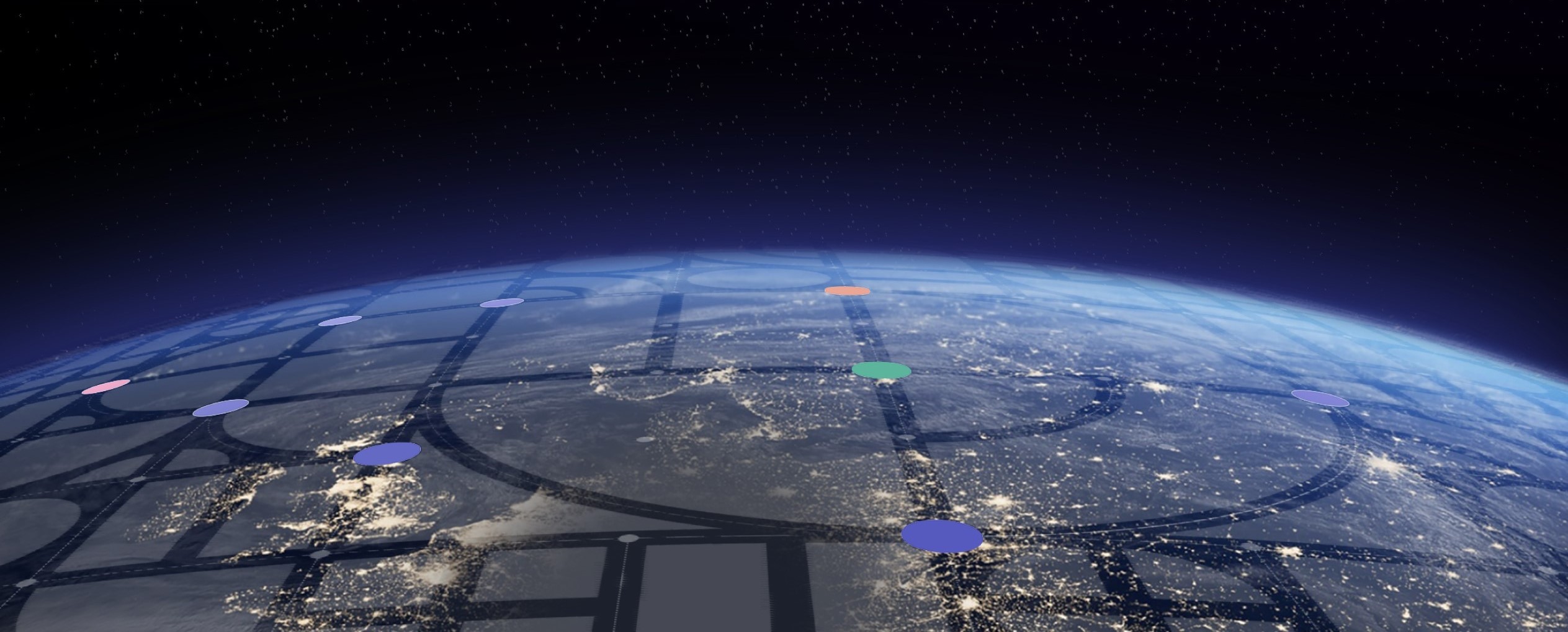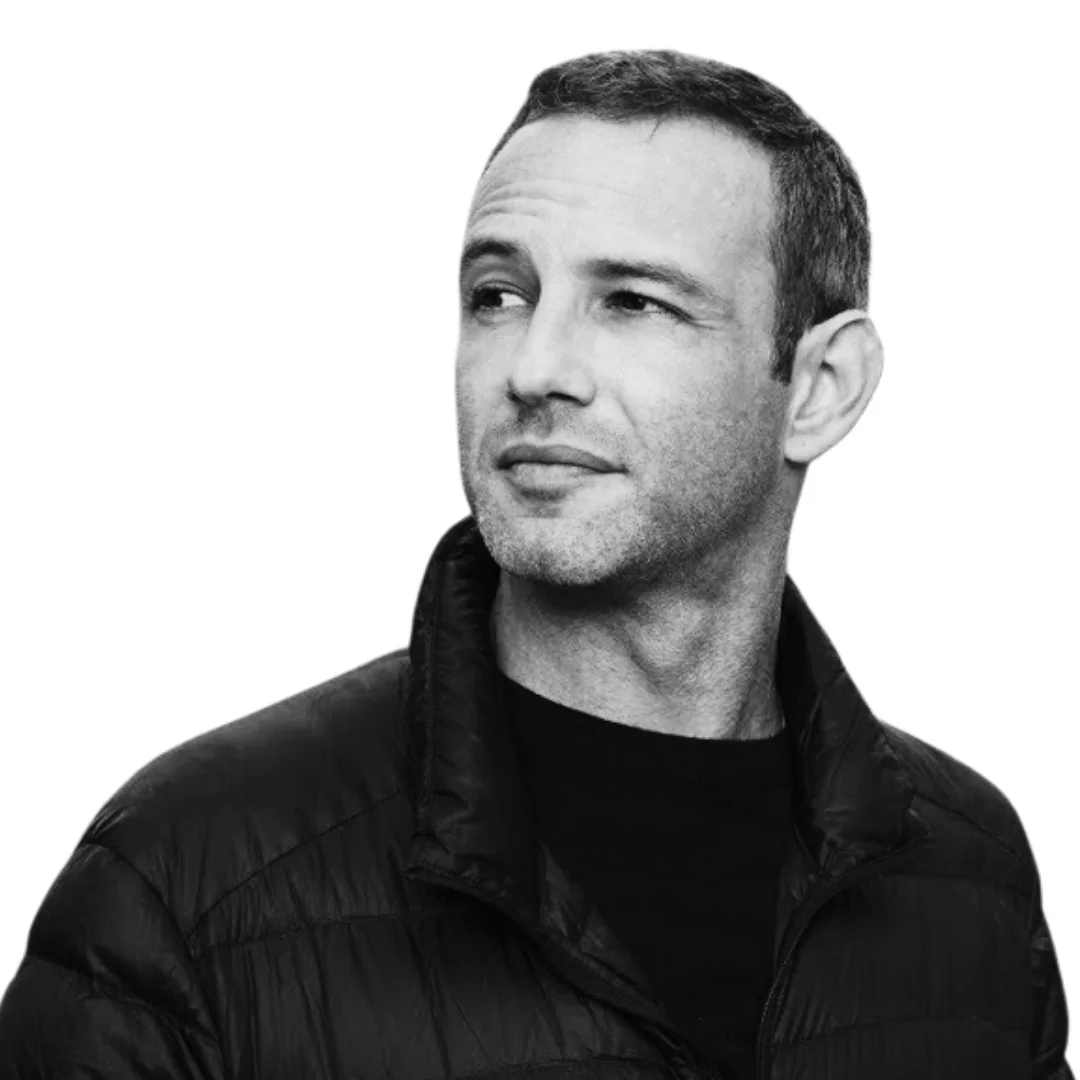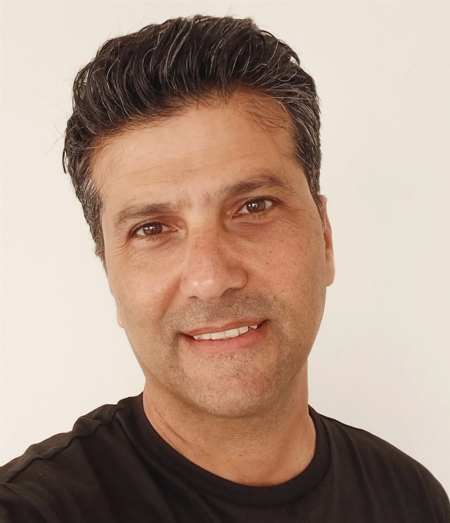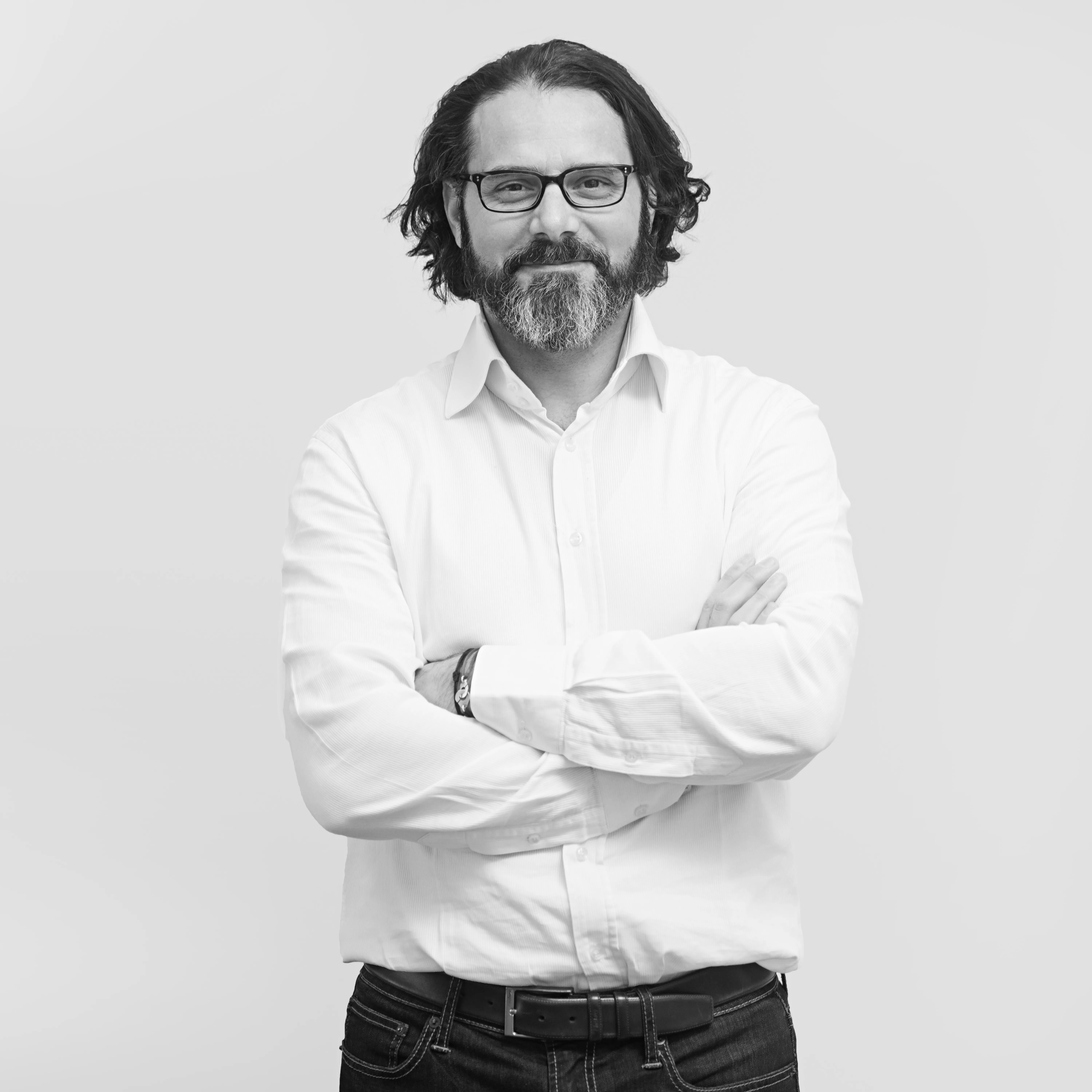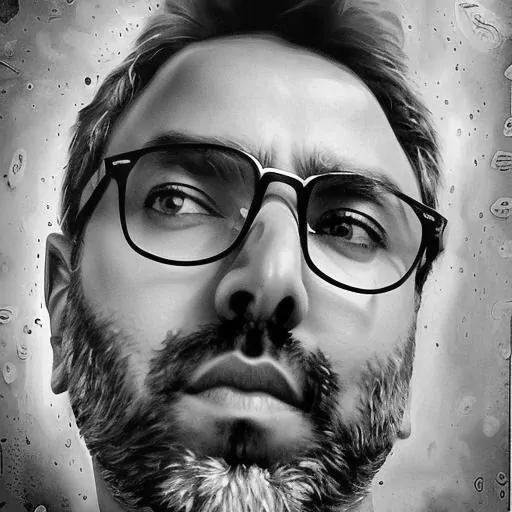Almost 100 years ago Aldous Huxley wrote his famous dystopian novel Brave New World, where society revolved around science and efficiency at the expense of humanity. Over 50 years ago Arthur C. Clark wrote 2001: A Space Odyssey, where the super-computer HAL 9000 controlled things the way it wanted and not the way “his” human designers intended.
Image Credit Cryteria CC BY 30 via Wikimedia Commons
The cinema is full of dystopian movies where artificial intelligent “beings” try to take over from humans, possibly the most famous being Terminator and The Matrix.
Throughout history there have been innovations and throughout history there have been those not willing to embrace these innovations. In the beginning of the 19th century the nay-sayers were given a name, Luddites.
And today as we are on the brink of a brave new world with the advent of artificial intelligence, the luddites among us are voicing their objections. References to Skynet (the Terminator prophetic precursor to the Internet) are rife!
The industrial revolution did cause major upset in the way people lived. The Internet has had as dramatic an impact on society today. But along with the negatives, there are so, so many positives. Do we really want to work 12 hours a day, 6 days a week “down mill”? How many more jobs would have been lost in the last few years when COVID-19 closed down much of the world if working from home via the Internet was not possible?
Just like most people don’t want to go back to a lifestyle such as it was pre the industrial revolution, most appreciate the benefits offered by the Internet. The same will be true for AI: It can change all our lives for the better. But like all advances it will have nay-sayers: People who fear change. And like all advances, when used correctly, it will enhance our lives.
CTERA is at the forefront of the yay-sayers. CTERA has incorporated AI into its new ransomware protection. Before CTERA’s AI breakthrough, the only way of resolving a ransomware attack was to first put in security measures to prevent the attack, but when that failed, to have ways of returning the systems to the state before the attack.
CTERA has very strong security to prevent ransomware attacks. But even with its Zero-trust architecture, and near-instant recovery using state-of-the-art caching technology, attacks can, and probably will, happen as ransomware attackers learn how to “beat the system”.
With this in mind, CTERA has incorporated AI into a new ransomware protection feature that doesn’t wait until after an attack but can actually detect an attack at the beginning and then stop the attack in its tracks. Using activity sensors built into the file system that are feeding a machine learning algorithm trained on an extensive dataset of attack flows, CTERA’s Ransom Protect is able to detect and block attacks within seconds and provides tools for immediate mitigation and instant recovery. Read how CTERA’s Ransom Protect update helps guard file systems.
[button url=”https://www.ctera.com/resources/ctera-ransom-protect/” text=”Watch Ransom Protect Demo Video” /]
In 1946, Huxley wrote in the foreword of the new edition of Brave New World: If I were now to rewrite the book, I would offer the Savage a third alternative.… science and technology would be used as though, like the Sabbath, they had been made for man, not (as at present and still more so in the Brave New World) as though man were to be adapted and enslaved to them.
Using AI responsibly will provide benefits that most haven’t even dreamed of. CTERA recognizes this and is leading the way in using AI to benefit its customers and their data.
Related Resources:

